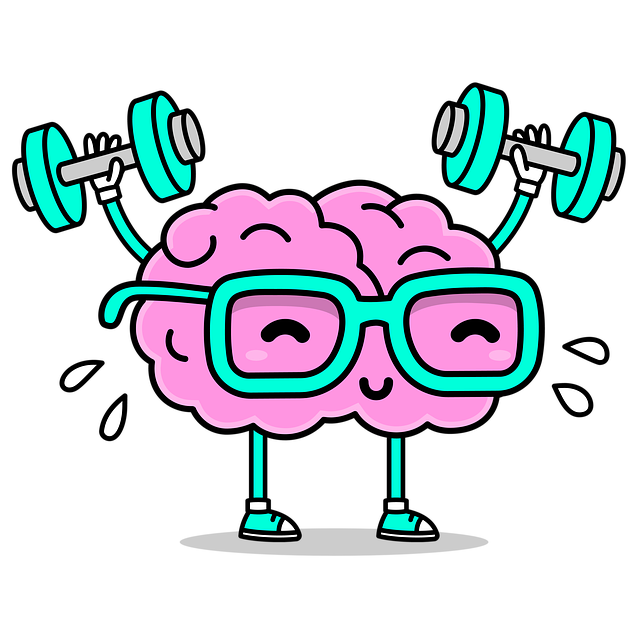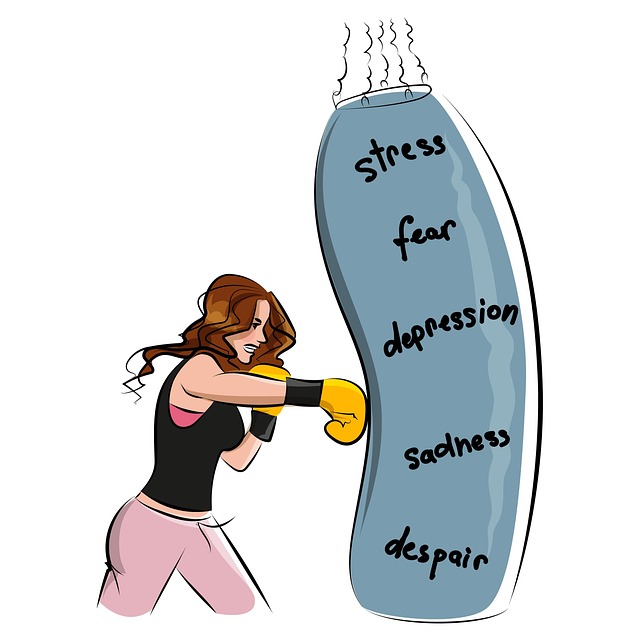Westminster Chronic Pain Therapy offers a holistic approach to managing chronic pain by integrating emotional intelligence (EI) into their treatment plans. They focus on building self-awareness, positive thinking, and mind over matter techniques to empower clients with resilience and stress management skills. This inclusive method involves journaling exercises for mental wellness, empathy-focused connections, and specialized programs like Social Skills Training, all aimed at improving overall well-being and quality of life for individuals dealing with chronic pain.
Emotional intelligence (EI) is a powerful tool in managing chronic pain, as demonstrated by Westminster Chronic Pain Therapy. This article explores EI’s potential through three key lenses: self-awareness, empathy, and regulatory skills. Understanding these aspects can significantly enhance chronic pain relief efforts. By delving into each section, we uncover practical strategies for patients and therapists at Westminster Chronic Pain Therapy to navigate pain together, fostering stronger connections and improved coping mechanisms.
- Understanding Emotional Intelligence: Unlocking the Potential for Chronic Pain Management at Westminster Chronic Pain Therapy
- The Role of Self-Awareness in Enhancing Emotional Intelligence and Its Impact on Chronic Pain Relief
- Developing Empathy: Building Stronger Connections to Navigate Chronic Pain Together
- Regulatory Skills: Mastering Emotional Control for Effective Coping Strategies in Chronic Pain Therapy
Understanding Emotional Intelligence: Unlocking the Potential for Chronic Pain Management at Westminster Chronic Pain Therapy

At Westminster Chronic Pain Therapy, we recognize that emotional intelligence (EI) plays a pivotal role in managing chronic pain effectively. Beyond physical symptoms, understanding and regulating emotions are essential tools for navigating the challenges associated with long-term pain. EI empowers individuals to unlock their potential for resilience, enabling them to transform their relationship with pain.
Through our specialized approach, we teach clients the power of mindfulness, positive thinking, and mind over matter principles. By integrating these practices into daily routines, patients gain a deeper sense of self-awareness, stress management skills, and the ability to cultivate a more positive outlook. This holistic approach not only enhances overall well-being but also offers a sustainable framework for managing chronic pain, allowing individuals to reclaim control and improve their quality of life.
The Role of Self-Awareness in Enhancing Emotional Intelligence and Its Impact on Chronic Pain Relief

Emotional intelligence building begins with self-awareness, a cornerstone that significantly enhances our ability to navigate life’s challenges, including managing chronic pain. Westminster Chronic Pain Therapy recognizes the profound impact of self-awareness on improving patient outcomes. By fostering an understanding of one’s emotions and their triggers, individuals can develop more effective coping mechanisms. This proactive approach not only reduces the intensity of emotional responses but also empowers people to make conscious decisions about their well-being.
Self-care routine development for better mental health is a practical outcome of increased self-awareness. Journaling exercises targeting mental wellness can help individuals track and regulate their emotions, leading to improved chronic pain relief. Mental health policy analysis and advocacy further support these practices by highlighting the importance of emotional intelligence in overall health. Incorporating regular journaling into one’s routine provides valuable insight, enabling individuals to identify patterns and develop tailored strategies for managing pain and enhancing mental wellness.
Developing Empathy: Building Stronger Connections to Navigate Chronic Pain Together

Developing empathy is a key aspect of building emotional intelligence, especially when navigating chronic pain together. In Westminster Chronic Pain Therapy, professionals emphasize that fostering strong connections involves understanding and sharing the feelings of others. This means going beyond acknowledging someone’s struggle; it’s about truly comprehending their unique experiences and emotions. By cultivating empathy, individuals can create supportive environments, ensuring those facing chronic pain feel heard, validated, and less isolated.
This process encourages a collective effort to manage pain symptoms more effectively. When people with chronic pain perceive that others empathize with their condition, they’re more likely to engage in self-care routines for better mental health, improve self-esteem, and manage stress. It’s a powerful tool that strengthens bonds between supporters and those in need, ultimately revolutionizing the way we cope with and navigate chronic pain as a community.
Regulatory Skills: Mastering Emotional Control for Effective Coping Strategies in Chronic Pain Therapy

Emotional intelligence (EI) plays a pivotal role in chronic pain therapy at Westminster Chronic Pain Therapy clinics. Regulatory skills, specifically emotional control, are essential for patients to cope effectively with their condition. Mastery of these skills enables individuals to navigate the challenges of chronic pain, enhancing their overall quality of life. By learning to manage emotions, patients can develop robust coping strategies that transcend reliance on medication or other external solutions.
Westminster Chronic Pain Therapy offers specialized programs like Social Skills Training and Trauma Support Services tailored to strengthen EI. These initiatives complement traditional medical treatments by addressing the profound impact of emotional well-being on physical health. Additionally, Mental Wellness Coaching Programs Development empowers patients with tools to maintain mental resilience, fostering a holistic approach that integrates emotional intelligence into chronic pain management.
Westminster Chronic Pain Therapy highlights the transformative power of emotional intelligence (EI) in managing chronic pain. By fostering self-awareness, empathy, and regulatory skills, individuals can navigate their pain journey with enhanced resilience. These strategies not only improve coping mechanisms but also strengthen connections with support systems, ultimately leading to better quality of life. Integrating EI into chronic pain therapy at Westminster offers a holistic approach that recognizes the intricate link between emotional well-being and physical health.














